The interim prime minister has never been in politics.
Just three days after Prime Minister Sheikh Hasina resigned and fled the country on August 5, Muhammad Yunus, a former banker who won the Nobel Peace Prize for pioneering small loans to the poor, was invited to head Bangladesh's interim government.
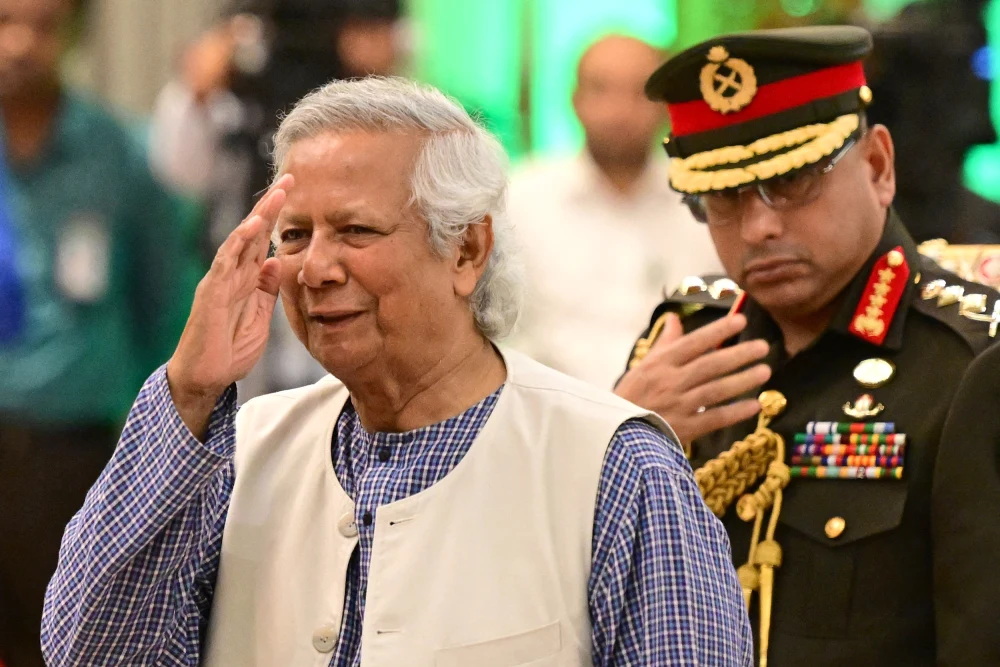
Muhammad Yunus was sworn in as Prime Minister of the interim government of Bangladesh in Dhaka on August 8. Photo: NBC News
Muhammad Yunus, 84, is an economics professor with extensive experience in poverty reduction but is only a novice politician. Yunus' close friends and associates also admit that the former Grameen Bank chairman is very "naive" about politics.
“He has dedicated his life to helping the poor,” said Mahfuz Anam, editor-in-chief of the Bangladesh Daily Star and a longtime friend of Yunus. “And he is completely unfamiliar with the world of politics and politics in Bangladesh, which is full of pitfalls.”
Rubana Huq, chairwoman of a Bangladeshi garment group, said Yunus told her late husband about his plan to form a political party in 2007. Huq's husband, who had been a student of Yunus, advised his teacher to abandon the idea because he did not have the institutional backing to run a functional party.
“You have to have that support, that strength, that grass-roots support,” Huq said. “Professor Yunus is a great guy, but he is an academic. He is not a politician.”
After a few months of trying to build a political party, Yunus gave up on politics. But he has since been the subject of dozens of lawsuits and trials, leading to his expulsion from Grameen Bank and various prison sentences, before fleeing into exile abroad.
When students become a security force
Since Sheikh Hasina resigned, the Bangladesh government has collapsed and the South Asian country has been in chaos. Police are not working. The country's police union says officers are refusing to return to duty, fearing reprisals for carrying out orders to suppress protests that left hundreds of students dead.
The military was responsible for national security, preventing looting and indiscriminate revenge. Meanwhile, students became an involuntary force to maintain order and public safety and control public transport.
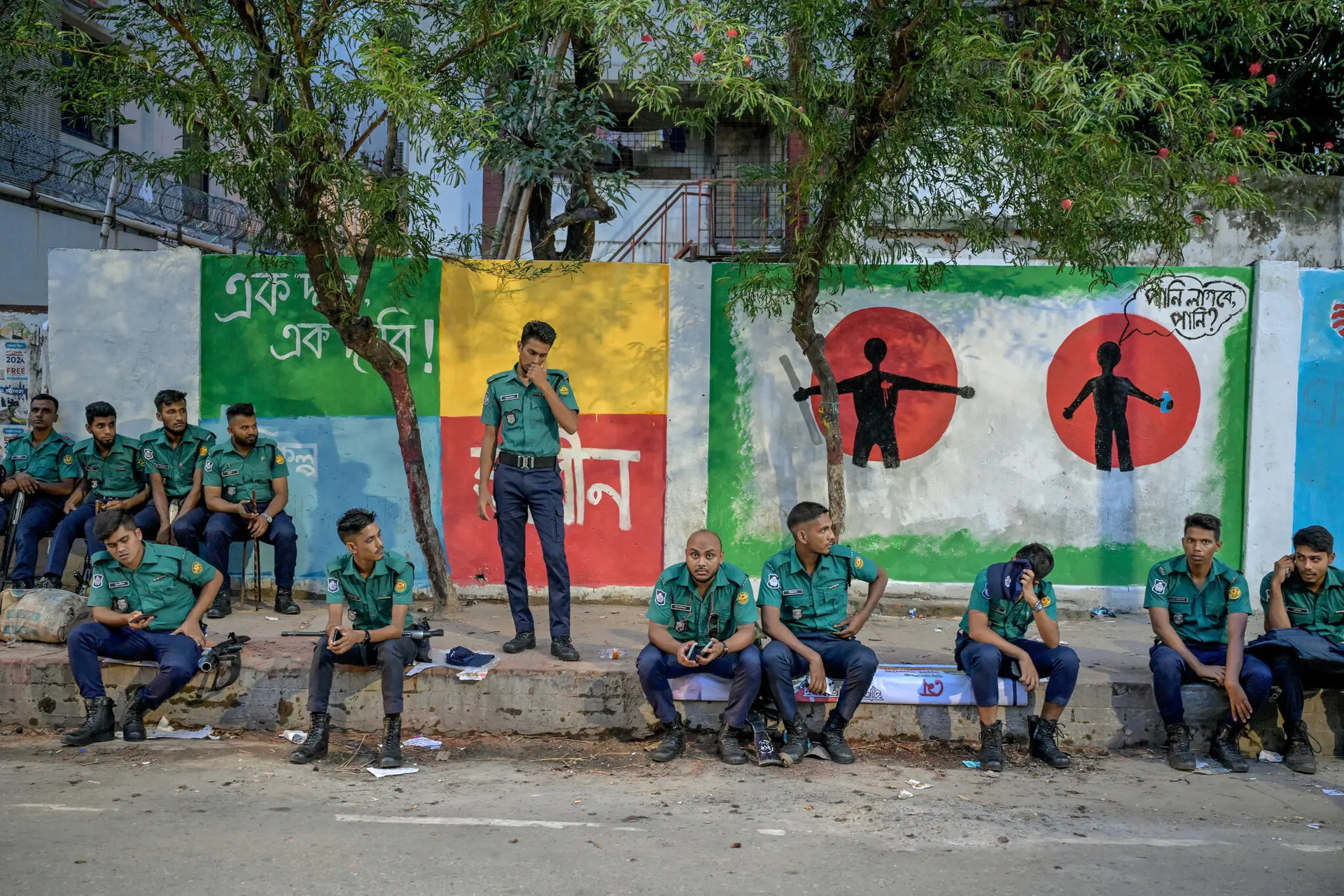
Bangladeshi police have refused to work for fear of retaliation from protesters. Photo: NYT
But the army cannot replace the police forever, and students, who are not trained in law enforcement, are turning the social activities they manage into a mess, completely dependent on the perceptions and emotions of young men and women in their twenties, not on any professional techniques.
So, as soon as he took office, caretaker Prime Minister Muhammad Yunus admitted that the most urgent issue for Bangladesh was to quickly restore law and order. Last Monday saw the first glimmers of progress as police officers began returning to the streets.
The return of police may help Bangladesh regain control, but law and order is not the only problem facing the South Asian country.
Prime Minister Yunus’s bigger challenge is finding good people for his caretaker government. He has chosen a 16-member cabinet, a list that includes many with backgrounds in academia and nonprofit management, but little experience in administration and running a state apparatus. This has deepened concerns about his political acumen among both allies and critics.
“I wonder who these people are, what their political qualifications are,” said Abdul Awal Mintoo, vice president of the Bangladesh Nationalist Party, the main opposition party to former Prime Minister Hasina’s Awami League, about Yunus’s cabinet.
To improve the experience factor, Prime Minister Yunus appointed a retired civil servant, Ali Imam Majumder, as a special assistant. Majumder has served in senior government positions, including as cabinet secretary, but Mintoo said it was too early to tell how effective the move would be.
Bangladesh’s constitution stipulates that an election must be held within 90 days of the dissolution of parliament. But observers in Dhaka say Mr Yunus needs more time to protect the judiciary, police and electoral system from new political takeovers.
“If we hold an election in two years, we can have a balanced political system,” said Major General Shahidul Haque, a retired army officer and former acting foreign minister of Bangladesh. “But if we hold it too soon, we will just end up with the same old thing.”
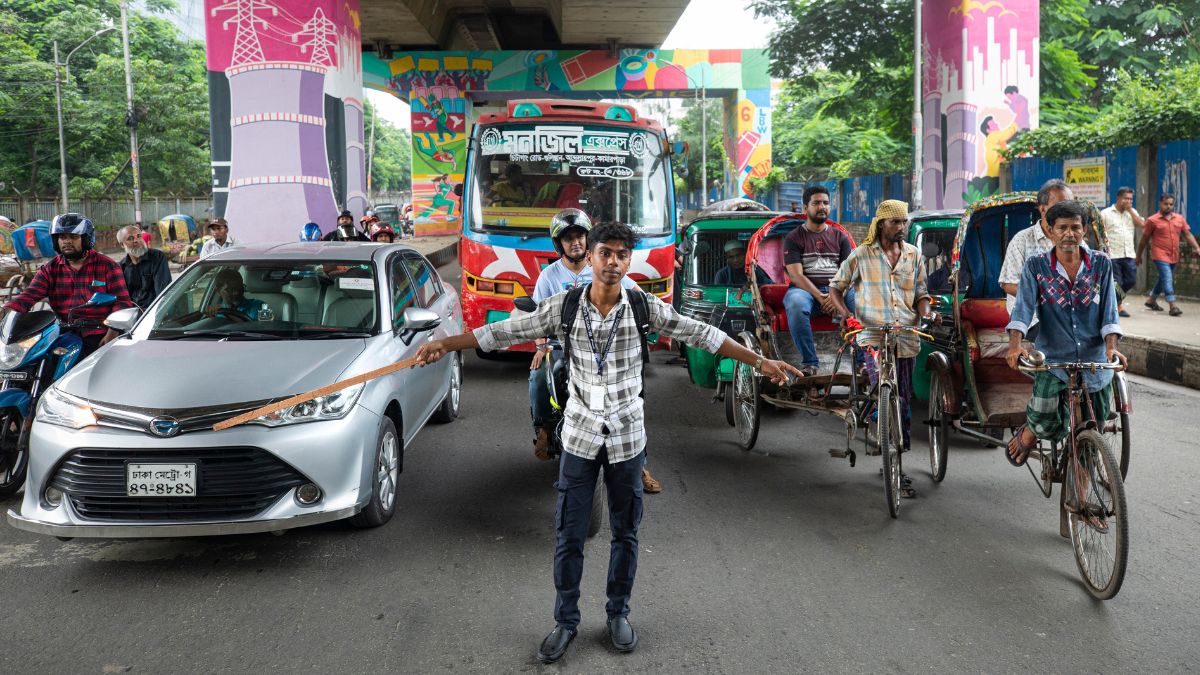
Bangladeshi students are replacing police officers to run public transport. Photo: India TV
Scary political revenge
Now, there have been reprisals by opposition members against Hasina’s supporters, or rather against members of the Awami League. The New York Times reported on Thursday (August 15) that a mob wielding bamboo sticks and bamboo pipes beat up supporters of Bangladesh’s ousted ruling party in Dhaka.
The attackers were mostly supporters of the crushed opposition parties of former Prime Minister Hasina's Awami League. They beat anyone they suspected of being party members, whipping their legs before dragging them away with torn shirts and bloodied faces.
No matter what Hasina's party does, using violence to retaliate and torture political opponents will only create a cycle of hatred, undermining social stability, observers say.
Bangladeshis are no strangers to this cycle, and breaking the cycle of revenge that has plagued the country through many turbulent periods is a monumental task for Mr Yunus's interim government.
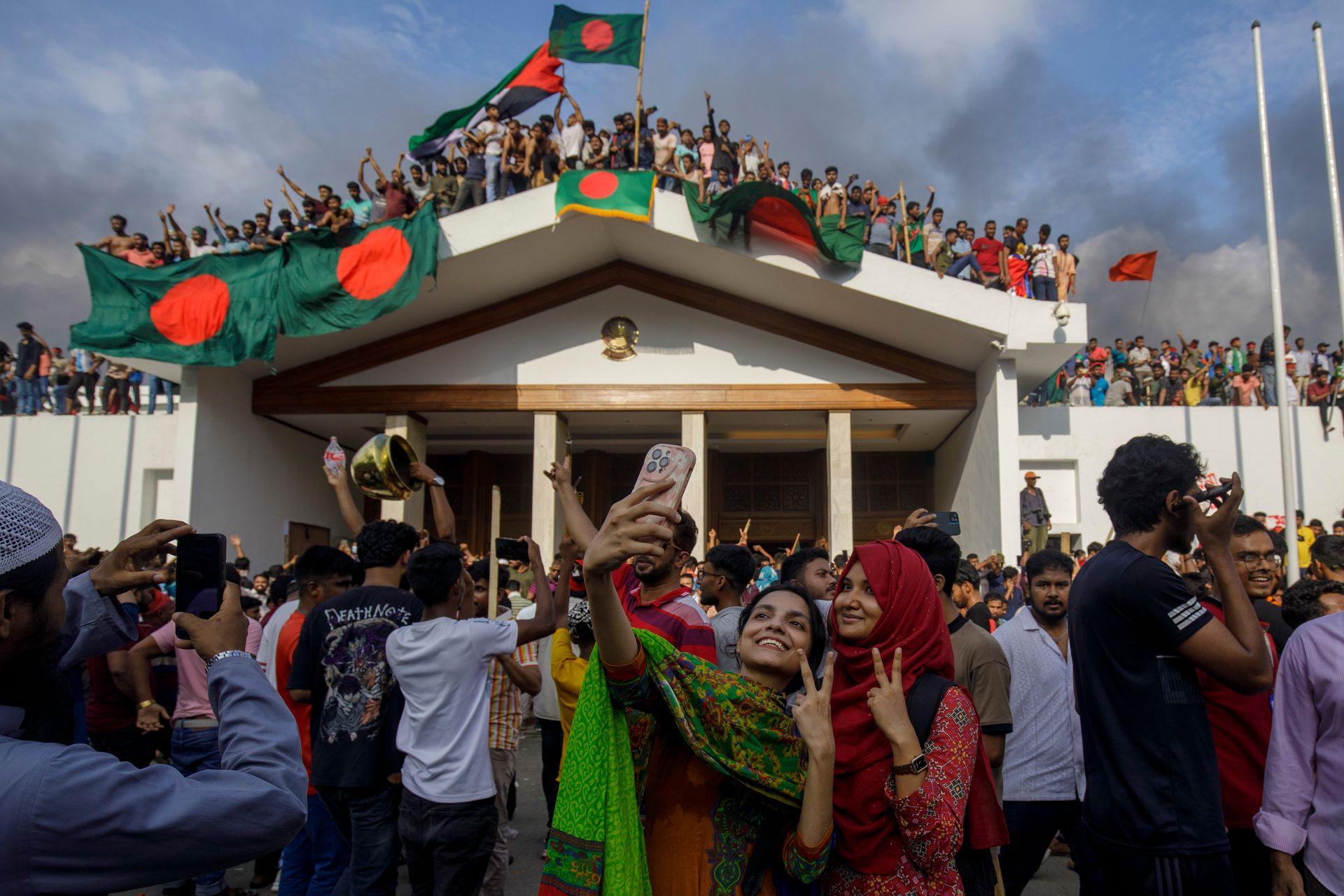
Protesters, mostly students, celebrate after storming the Bangladesh Prime Minister's residence and forcing former Prime Minister Hasina to resign and flee the country. Photo: NYT
Another risk is that the students who protested to bring Mr Yunus to power will lose patience and try to take matters into their own hands. The resignation of the former chief justice of Bangladesh’s Supreme Court on 10 August was partly prompted by a large student protest outside the Supreme Court. More such political protests could undermine Mr Yunus’s grip on power.
In Bangladeshi politics today, the voice of students still carries weight. Each ministry in Prime Minister Yunus's cabinet has a student seat, in recognition of their role in bringing down the previous government.
To bring Bangladesh back to political and socio-economic stability, the interim government of Mr. Yunus must act quickly. But to do so, he needs skills, political experience as well as a truly experienced support team. And those are too difficult for this former bank president, much more difficult than raising capital for Grameen Bank or running previous poverty reduction activities.
Nguyen Khanh
Source: https://www.congluan.vn/bangladesh-phia-truoc-la-gi-sau-con-cuong-phong-chinh-tri-post308002.html


![[Photo] National Assembly Chairman Tran Thanh Man meets with outstanding workers in the oil and gas industry](https://vstatic.vietnam.vn/vietnam/resource/IMAGE/2025/4/17/1d0de4026b75434ab34279624db7ee4a)
![[Photo] Nhan Dan Newspaper announces the project "Love Vietnam so much"](https://vstatic.vietnam.vn/vietnam/resource/IMAGE/2025/4/17/362f882012d3432783fc92fab1b3e980)
![[Photo] Closing of the 4th Summit of the Partnership for Green Growth and the Global Goals](https://vstatic.vietnam.vn/vietnam/resource/IMAGE/2025/4/17/c0a0df9852c84e58be0a8b939189c85a)
![[Photo] Promoting friendship, solidarity and cooperation between the armies and people of the two countries](https://vstatic.vietnam.vn/vietnam/resource/IMAGE/2025/4/17/0c4d087864f14092aed77252590b6bae)
![[Photo] General Secretary To Lam receives French Ambassador to Vietnam Olivier Brochet](https://vstatic.vietnam.vn/vietnam/resource/IMAGE/2025/4/17/49224f0f12e84b66a73b17eb251f7278)

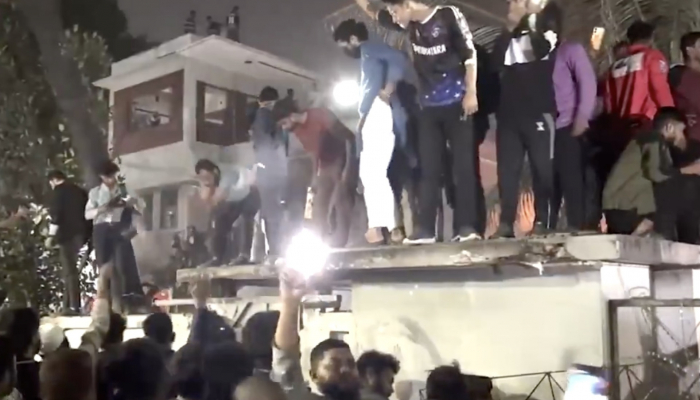
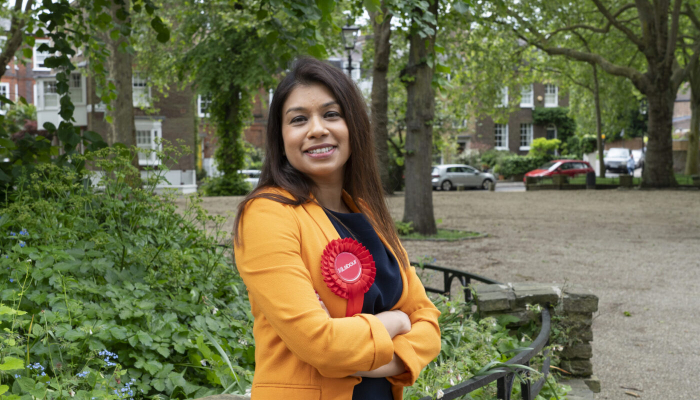
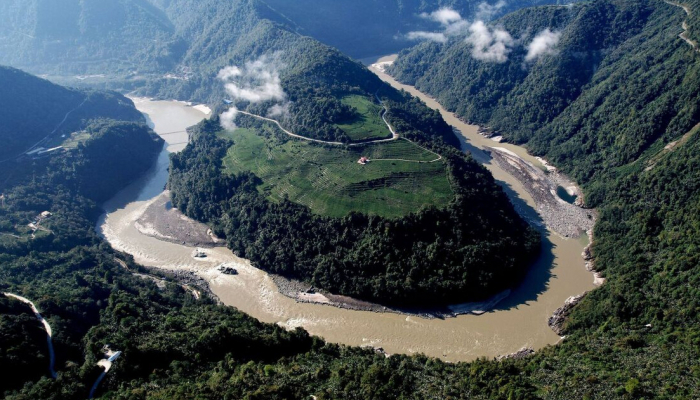
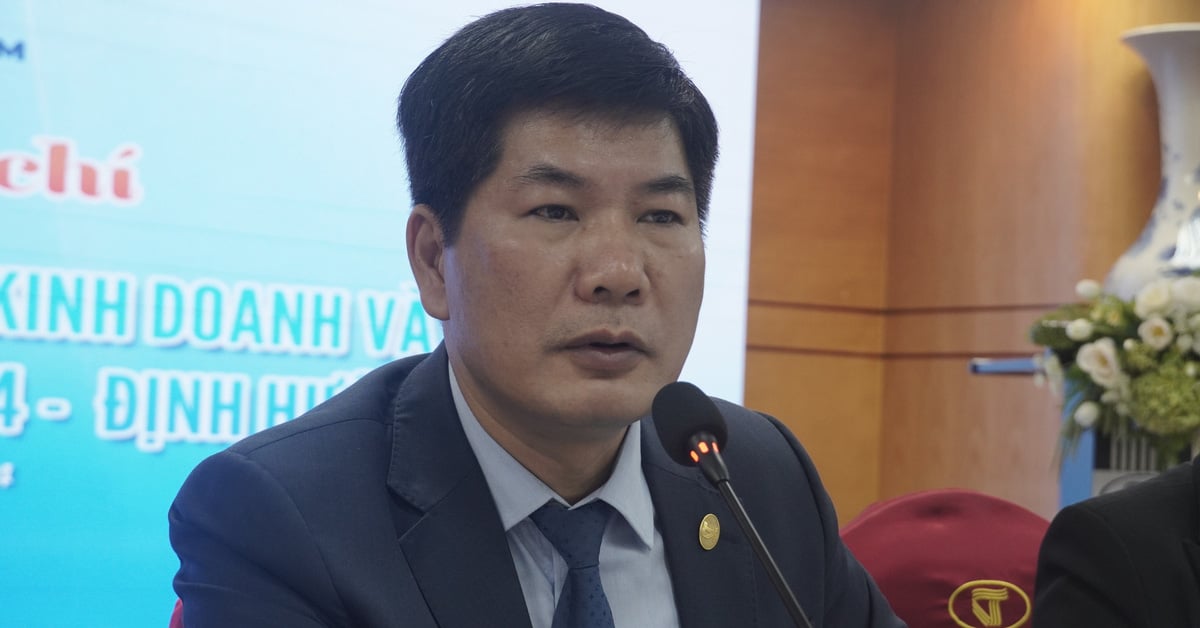

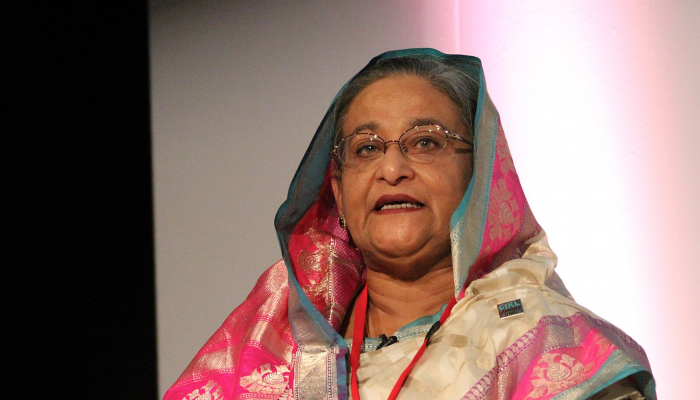
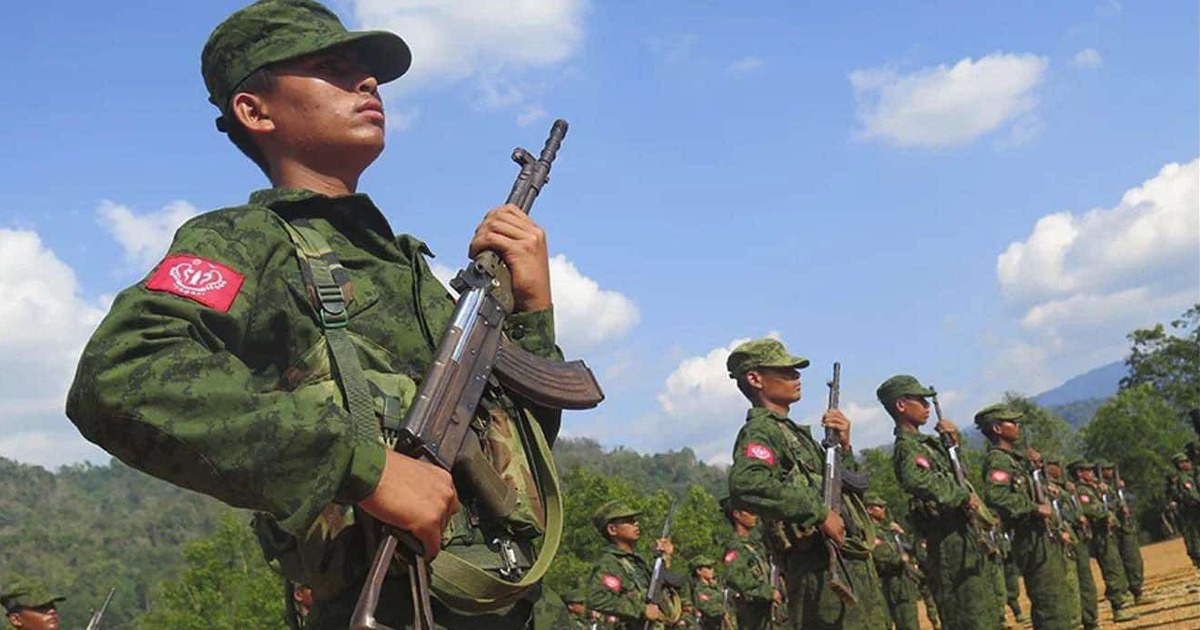

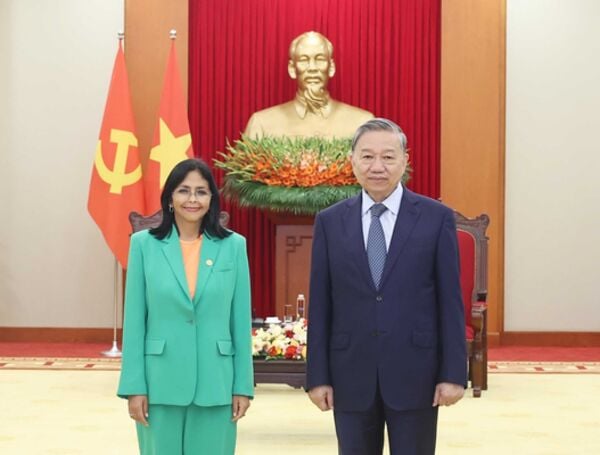
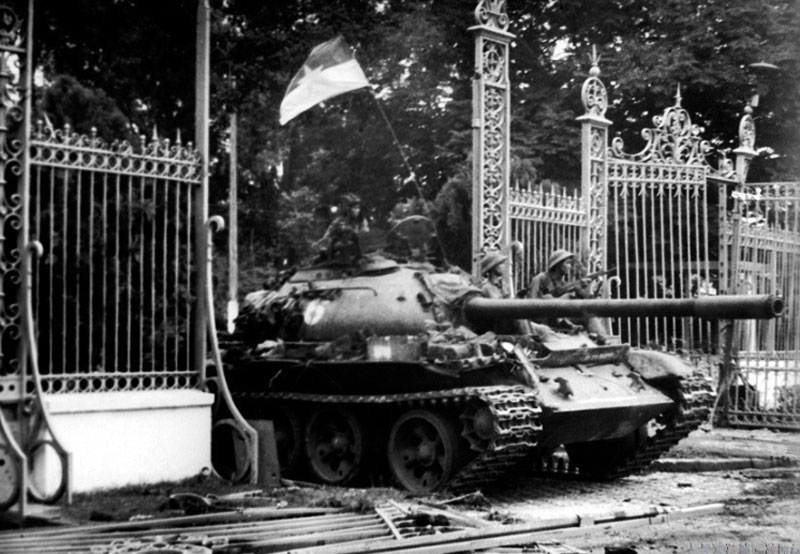
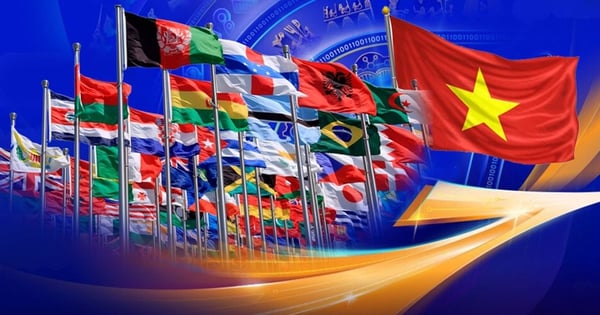
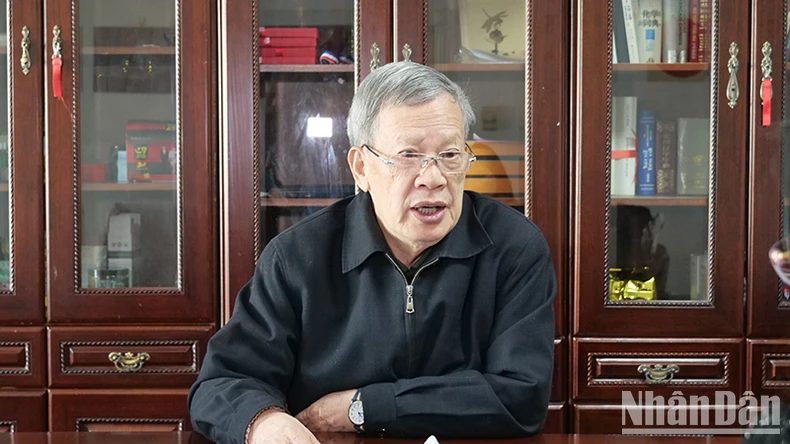
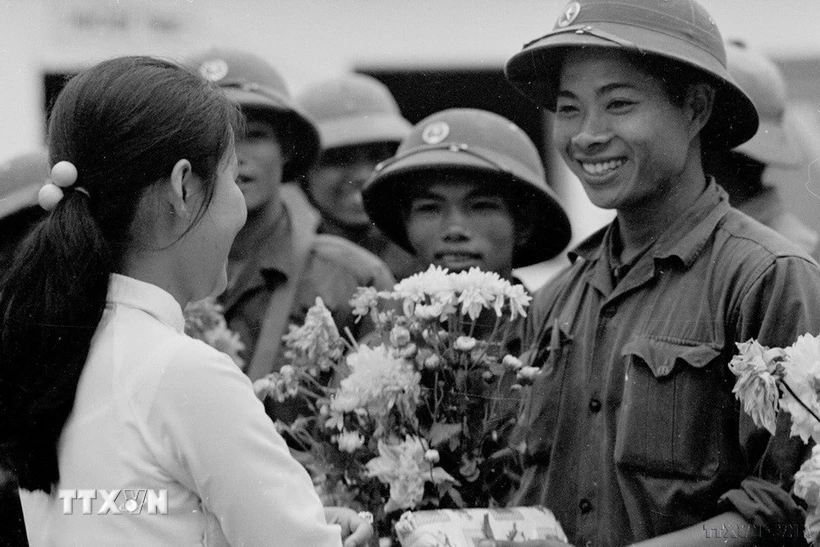
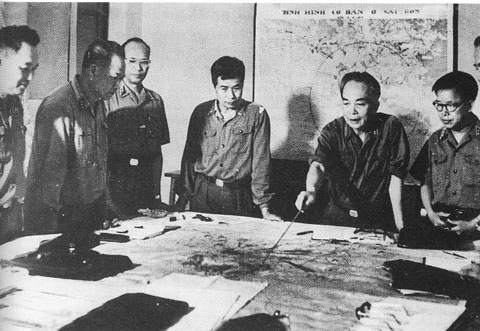










![[Photo] Welcoming ceremony for Chinese Defense Minister and delegation for friendship exchange](https://vstatic.vietnam.vn/vietnam/resource/IMAGE/2025/4/17/fadd533046594e5cacbb28de4c4d5655)



























![[Video] Viettel officially puts into operation the largest submarine optical cable line in Vietnam](https://vstatic.vietnam.vn/vietnam/resource/IMAGE/2025/4/17/f19008c6010c4a538cc422cb791ca0a1)



















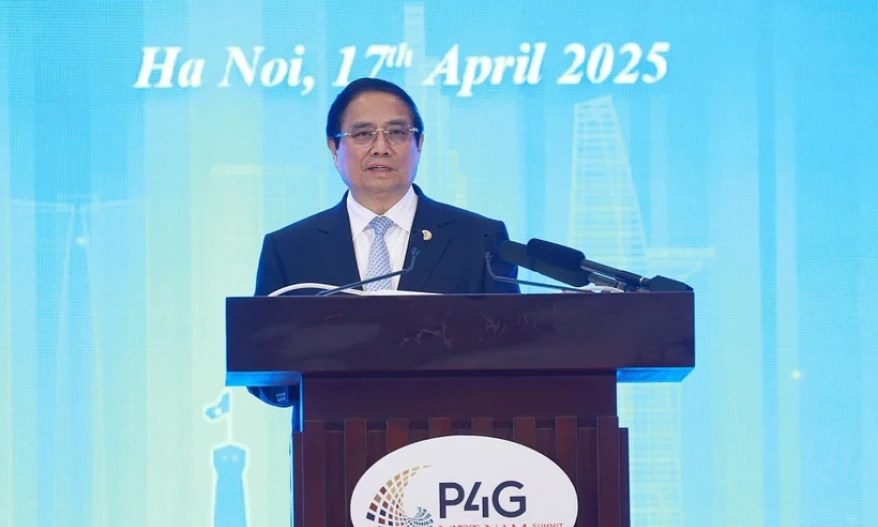


















Comment (0)